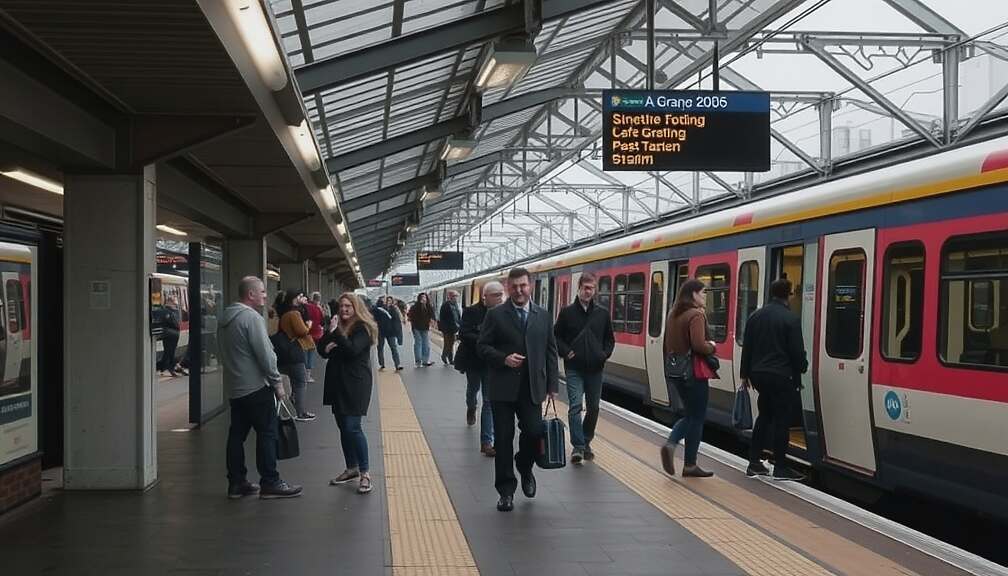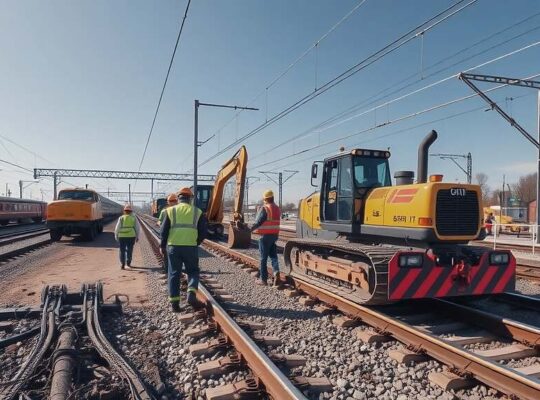The reliability of Germany’s national rail network, Deutsche Bahn (DB), has plummeted to unprecedented lows, sparking renewed scrutiny of infrastructure investment and operational resilience. Data released this week confirms that only 51.5% of Intercity Express (ICE) and Intercity (IC) trains arrived on time in October 2025. This figure, officially confirmed by DB, represents a further decline from a preliminary low of 55.3% recorded just the previous month. DB defines punctuality as arriving within a five-minute and 59-second window.
The core issue, according to DB representatives, remains the dilapidated state of the rail infrastructure. Extensive and ongoing construction projects, a necessary but disruptive measure to address the network’s deterioration, are a primary contributor to the increasing delays. These infrastructural challenges are compounded by frequent short-term disruptions involving signaling systems and overhead power lines, alongside instances of unpredictable “external factors” such as severe weather events.
Critics are now questioning whether the current investment strategy adequately addresses the scale of the problem. The network, described as “overburdened” lacks sufficient buffer capacity, meaning even minor incidents trigger cascading delays across the entire system. A spokesperson for DB acknowledged the phenomenon of “train congestion” emphasizing its rapid and widespread impact on punctuality nationwide.
Analysis of daily punctuality figures reveals stark inconsistencies. While weekends typically exhibit improved performance, with punctuality rates rising by 10-15 percentage points compared to weekdays (reaching 61.2% and 62.9% on October 11th and 12th respectively), there were also dramatic periods of severe disruption, such as on October 23rd and 24th when punctuality dropped to a barely tolerable 37%.
This pattern of acute unreliability is fueling a growing political debate over the government’s commitment to modernizing the rail network and the long-term viability of Germany’s reliance on train travel. Opposition parties are seizing on the deteriorating service to question the efficacy of current policies and demand a more robust and proactive approach to upgrading infrastructure and increasing network resilience. The continued decline in punctuality is threatening to undermine public confidence in DB and potentially impacting the country’s overall economic productivity.












